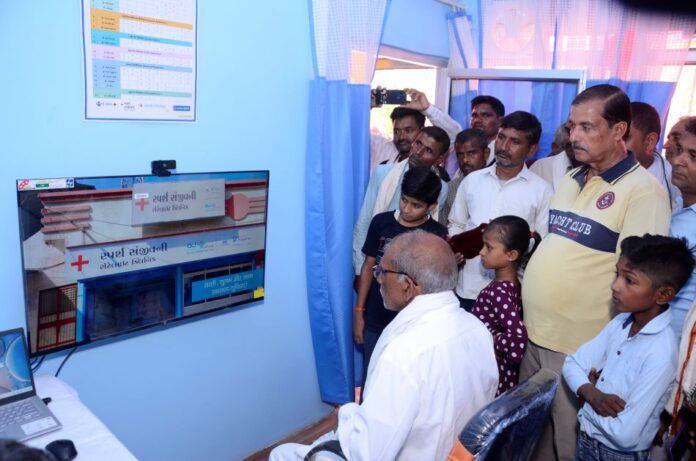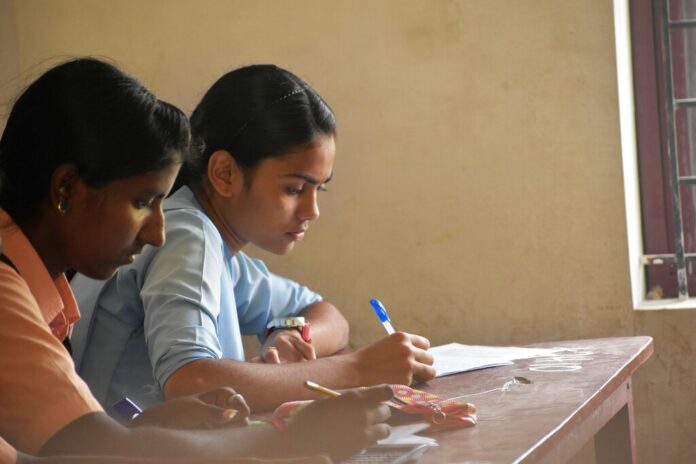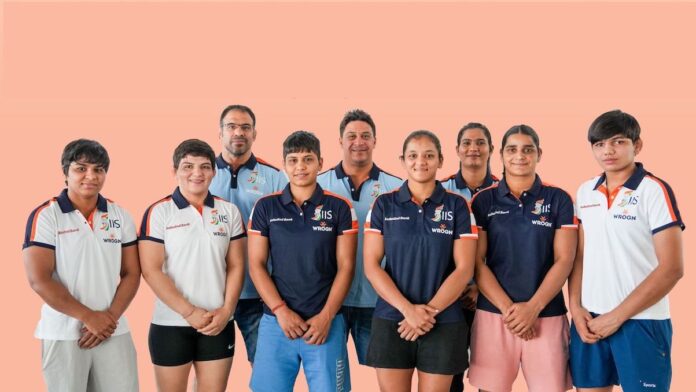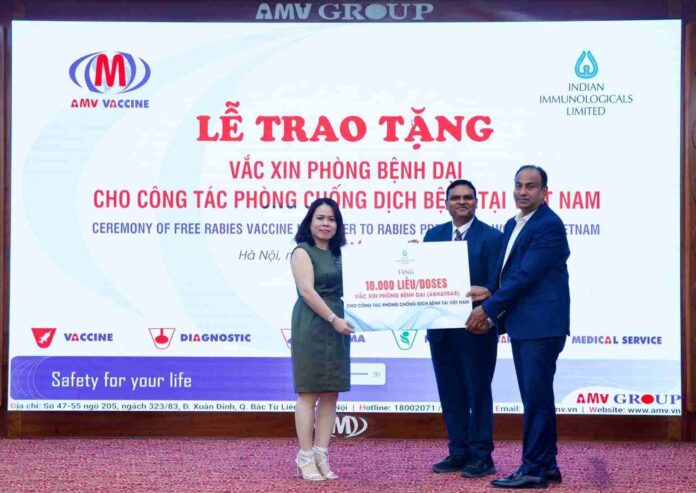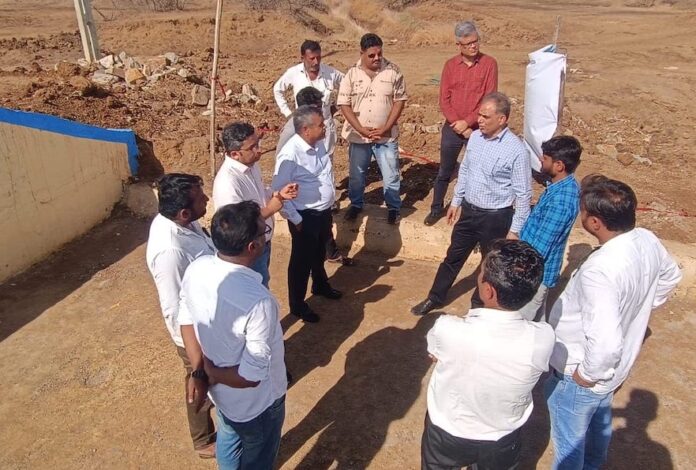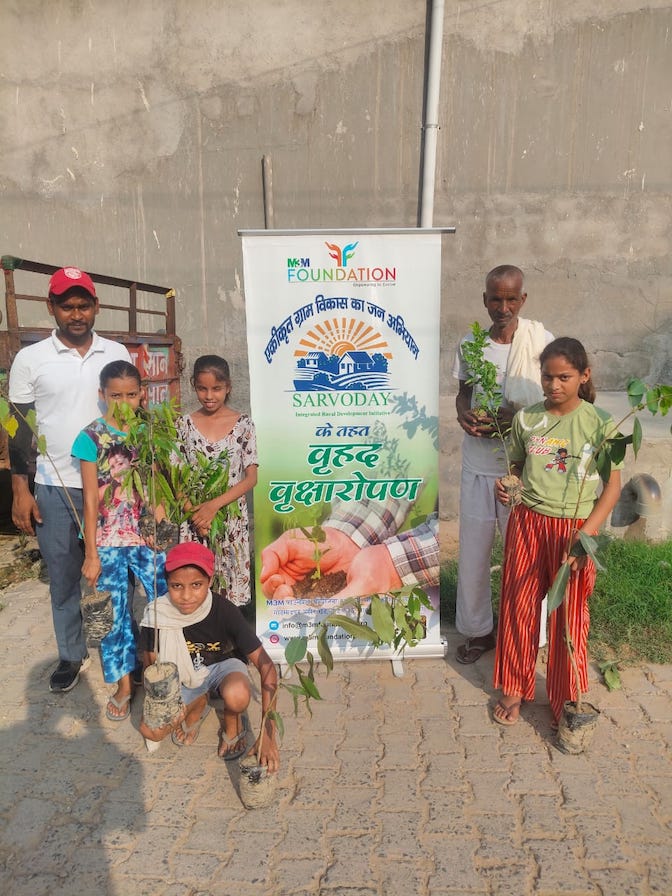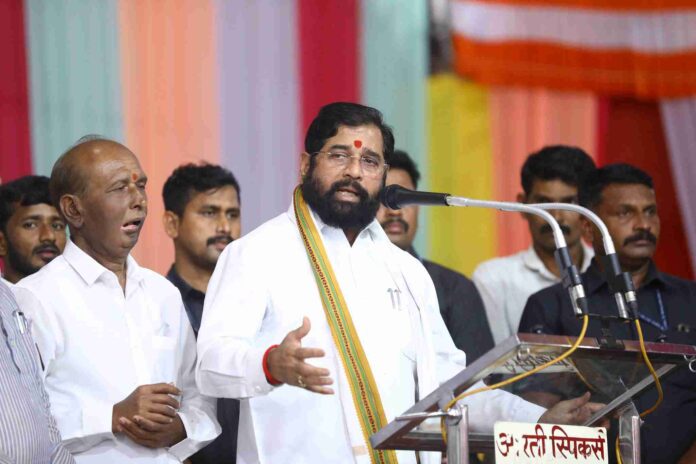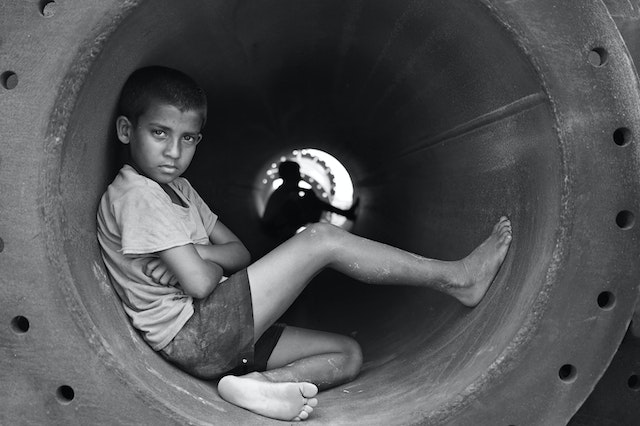Pune, India: Hyundai Motor India Foundation (HMIF) the CSR arm of Hyundai Motor India Limited (HMIL) has commenced operations of Telemedicine Clinics under its Sparsh Sanjeevani healthcare initiative in Talegaon, Pune, Maharashtra. Inaugurated by Shri Girish Mahajan, Minister – Rural Development & Youth Affairs and Sports, Government of Maharashtra, 5 Telemedicine Clinics will serve Pait, Kadus, Wada, Navlakh Umbre, and Sudumbre villages in Talegaon. These clinics will provide essential medical consultations and healthcare services remotely, augmenting primary healthcare infrastructure in such villages.
Speaking at the inauguration of Sparsh Sanjeevani Telemedicine Clinics in Maharashtra, Mr. Puneet Anand, AVP & Vertical Head – Corporate Affairs, HMIL said, “Under Hyundai’s global vision of ‘Progress for Humanity’, the Hyundai Motor India Foundation (HMIF) through its Sparsh Sanjeevani healthcare initiative has created a network of telemedicine clinics in the underserved corners of India, augmenting existing primary healthcare facilities. The 5 new clinics bolster the network to 40 tele-medicine clinics, operational in 8 states across India, with an aim to ensure that even the most isolated communities receive the care they need. Through diverse initiatives undertaken under HMIF, we will continue to sow the #SeedsOfGood in India, fostering sustainable development and promoting holistic societal growth.”
Hyundai Motor India Foundation’s Sparsh Sanjeevani public healthcare initiative was envisaged to boost India’s healthcare services in remote villages, by reaching the hinterland and making primary healthcare accessible to the underserved communities. Telemedicine clinics are nurse assisted clinics where patients are connected through video call with specialist doctors, providing remote specialist consultation in remote areas. Post consultation, each patient is provided with medicines by the on-ground nurse. This service is provided at a nominal charge of Rs. 100 per patient. The model also allows follow-up consultations.
Sparsh Sanjeevani telemedicine clinics are currently operational in the states of Maharashtra, Rajasthan, Gujarat, Madhya Pradesh, Odisha, Haryana, Uttar Pradesh and Uttarakhand. The initiative operates with a network of 40 clinics as of July 2024, spread over 8 states, collectively providing quality healthcare access to over 15 lakh people.
Disclaimer: This media release is auto-generated. The CSR Journal is not responsible for the content.

